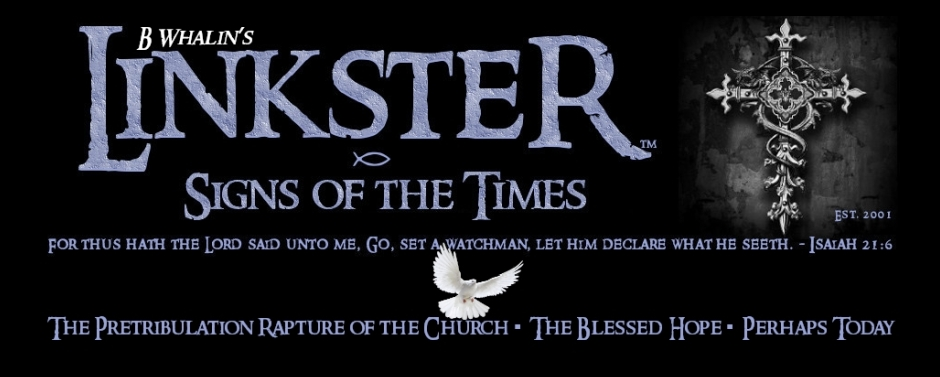
Ronald Wilson Reagan
Fortieth President of the United States (1981–1989)
33rd Governor of California (1967–1975)
Radio, Film and Television Actor
33rd Governor of California (1967–1975)
Radio, Film and Television Actor
On ‘Freedom of Religion’

U.S. Constitution
Bill of Rights - Amendment 1
'Freedom of Religion, Press, Expression'
Congress shall make no law respecting an establishment of religion, or prohibiting the free exercise thereof; or abridging the freedom of speech, or of the press; or the right of the people peaceably to assemble, and to petition the Government for a redress of grievances.
Biography
 Ronald Wilson Reagan (February 6, 1911 – June 5, 2004) was the 40th President of the United States (1981–1989). Prior to that, he was the 33rd Governor of California (1967–1975), and a radio, film and television actor. As president, Reagan implemented sweeping new political and economic initiatives. His supply-side economic policies, dubbed "Reaganomics", advocated reducing tax rates to spur economic growth, controlling the money supply to reduce inflation, deregulation of the economy, and reducing government spending. In his first term he survived an assassination attempt, took a hard line against labor unions, and ordered an invasion of Grenada. He was re-elected in a landslide in 1984, proclaiming that it was "Morning in America". His second term was primarily marked by foreign matters, such as the ending of the Cold War, the 1986 bombing of Libya, and the revelation of the Iran-Contra affair. Publicly describing the Soviet Union as an "evil empire", he supported anti-communist movements worldwide and spent his first term forgoing the strategy of détente by ordering a massive military buildup in an arms race with the USSR. Reagan negotiated with Soviet General Secretary Mikhail Gorbachev, culminating in the INF Treaty and the decrease of both countries' nuclear arsenals.
Ronald Wilson Reagan (February 6, 1911 – June 5, 2004) was the 40th President of the United States (1981–1989). Prior to that, he was the 33rd Governor of California (1967–1975), and a radio, film and television actor. As president, Reagan implemented sweeping new political and economic initiatives. His supply-side economic policies, dubbed "Reaganomics", advocated reducing tax rates to spur economic growth, controlling the money supply to reduce inflation, deregulation of the economy, and reducing government spending. In his first term he survived an assassination attempt, took a hard line against labor unions, and ordered an invasion of Grenada. He was re-elected in a landslide in 1984, proclaiming that it was "Morning in America". His second term was primarily marked by foreign matters, such as the ending of the Cold War, the 1986 bombing of Libya, and the revelation of the Iran-Contra affair. Publicly describing the Soviet Union as an "evil empire", he supported anti-communist movements worldwide and spent his first term forgoing the strategy of détente by ordering a massive military buildup in an arms race with the USSR. Reagan negotiated with Soviet General Secretary Mikhail Gorbachev, culminating in the INF Treaty and the decrease of both countries' nuclear arsenals.Reagan left office in 1989. In 1994, the former president disclosed that he had been diagnosed with Alzheimer's disease earlier in the year; he died ten years later at the age of 93. A conservative icon, he ranks highly in public opinion polls of U.S. Presidents and is credited for generating an ideological renaissance on the American political right. » Full Bio
» See All 'Quotable Quotes'
This Day In History 238 Years Ago
American Revolution
July 5, 1775Congress Adopts Olive Branch Petition

On this day in 1775, the Continental Congress adopts the Olive Branch Petition, written by John Dickinson, which appeals directly to King George III and expresses hope for reconciliation between the colonies and Great Britain. Dickinson, who hoped desperately to avoid a final break with Britain, phrased colonial opposition to British policy as follows: "Your Majesty's Ministers, persevering in their measures, and proceeding to open hostilities for enforcing them, have compelled us to arm in our own defence, and have engaged us in a controversy so peculiarly abhorrent to the affections of your still faithful Colonists, that when we consider whom we must oppose in this contest, and if it continues, what may be the consequences, our own particular misfortunes are accounted by us only as parts of our distress." » Full Article
Significant Events This Day In History
» History


